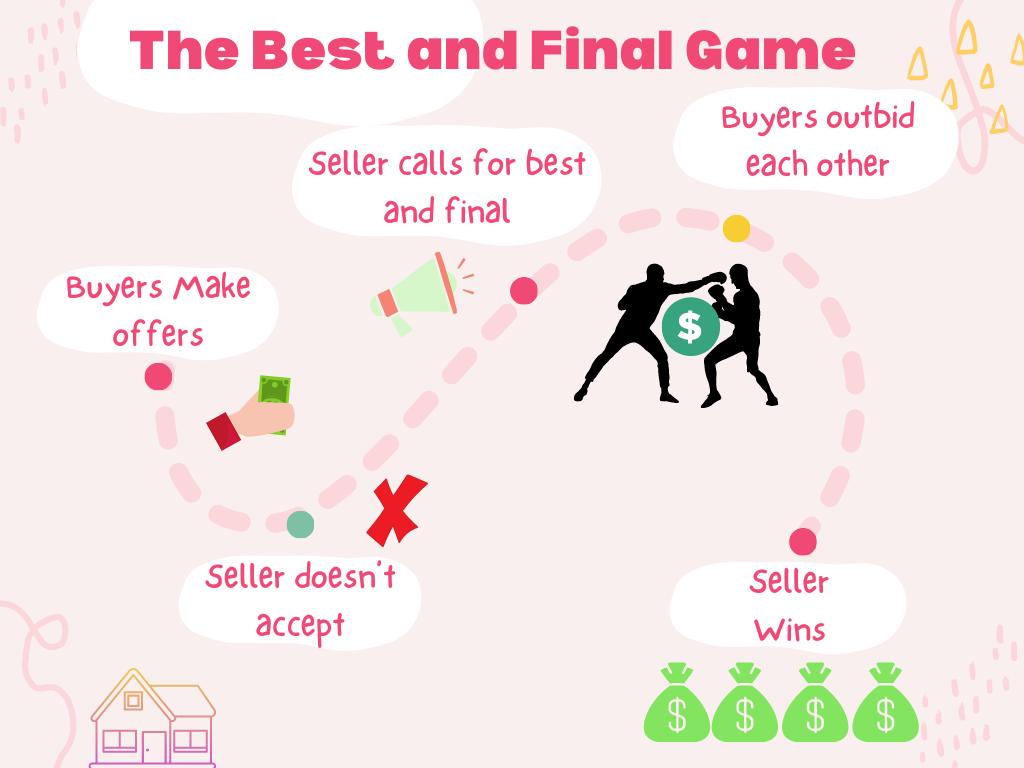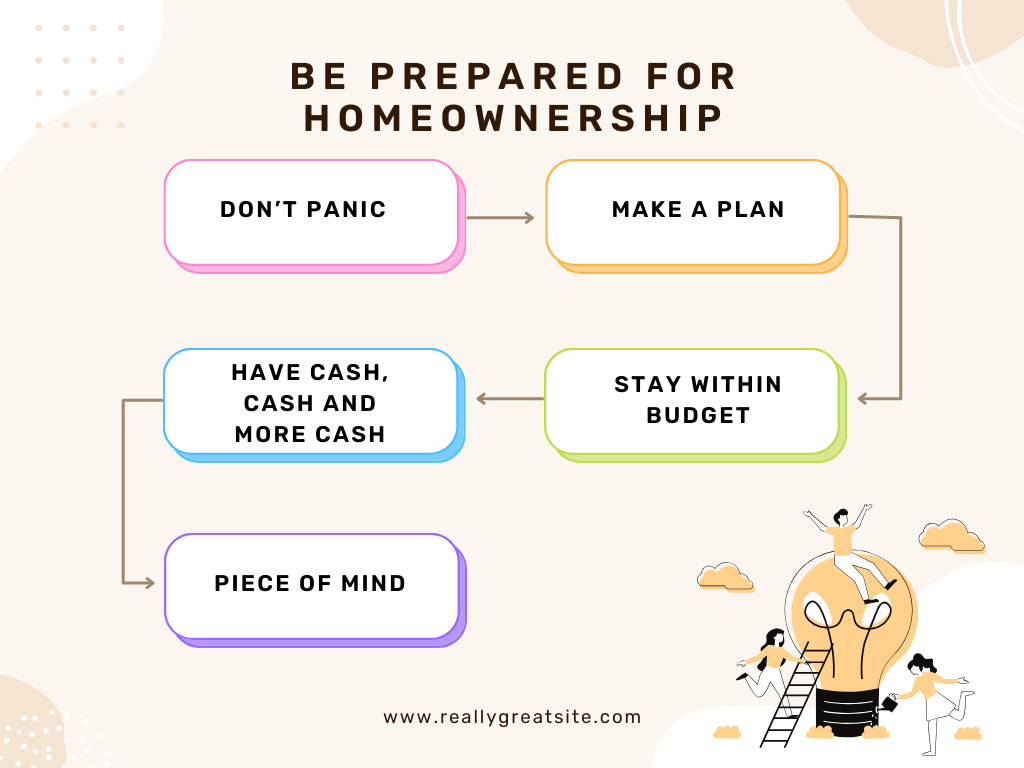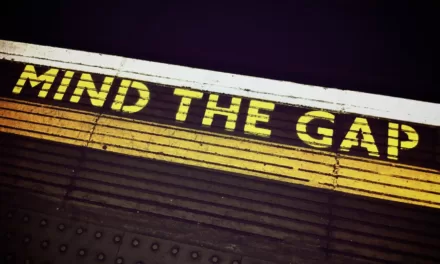In this post, we will look at the emotional costs of homeownership. But first, here is our disclosure:
Disclosure: This post may contain affiliate links, meaning we earn a commission on purchases made through those links at no extra cost to you. As an Amazon Associate, I earn from qualifying purchases.
Disclaimer: The content on this site is for informational and educational purposes only and does not constitute financial, investment, legal, tax, or any other professional advice and should not be used as a substitute for professional advice. For more details, read our full Disclaimer.
Homeownership: A Cutthroat Adventure!
I don’t mean to boast, but I know a thing or two about buying a home. My wife and I purchased our first house when mortgage rates were low and home prices were going into outer space. What’s more, we embarked on this journey in one of the most competitive housing markets in the entire country: Boston.
To say that the Boston housing market is highly competitive would be an understatement. For those who are not familiar with Boston, let me set the scene.
Metro Boston is notorious for being one of the most expensive areas in the country. Unfortunately, it is also known for being rude and cutthroat. If you have ever experienced driving on Boston’s streets, you would understand why this reputation exists. People are often willing to run you over to make it through a yellow light.
Buying a home in Boston is no exception to this attitude.
People bid way over asking, and when you think your offer will be accepted, someone swoops in and offers all cash. Then there are the people willing to sell their firstborn child to get a house. Good luck competing with them.
We lost out on many bids, and it took us over three long years to close on our first home.
What does all that blood, sweat, and money get you in Boston?
You get a small house that is almost a century old and in desperate need of repairs. But, if you are lucky, it will come with 0.10 acres of land. This may not seem like much, but in Boston, it’s a lot, and it’s expensive.
Looking to buy a home?
Check out these books if you are starting off on buying a home.
The website Zillow is another great starting point to get an idea of home prices in your area and estimate your budget.
The Only Certain Things In Life
According to Benjamin Franklin, the only certain things in life are death and taxes. However, he missed one thing: the expense of homeownership. Therefore, I say, “The only certain things in life are death, taxes, and homeownership being wicked expensive.”
If you own or have ever owned a home, you know that if something can go wrong, it will go wrong. It doesn’t matter whether your home is old or new. Homeownership is the epitome of Murphy’s Law.
The furnace will go out in the middle of winter. Your faucet will leak, and your oven will stop working on Thanksgiving day.
Then there are all the expenses you thought you were prepared for but are not.
Your home insurance and taxes will increase every year. You must pay for the water for your long showers and the toilets you flush. Throwing away your garbage just got a whole lot more expensive, too.
To make matters worse, states and towns always seek new ways to collect taxes, and your home is a prime target. They may give it a fancy name that makes you think it’s for a good cause, but there will be little to show for it.
Trust me when I say that these additional expenses will cause significant stress as you worry about how to pay for them.
Homeownership: It Is Not All Bad But . . .
I don’t want to discourage you from owning a home. I am happy I bought a house, as it has advantages.
For most people, the most significant benefit of homeownership is that their home is their largest asset and path to wealth.
In general, your home’s value will increase over time while you pay down the mortgage. So, when you finally pay off the mortgage, you are sitting on a nice pile of money. The advantages don’t end there.
If you have a fixed-rate mortgage, your monthly mortgage payment will remain constant throughout the life of the loan. The only things that will vary are your tax and insurance rates. This is much better than having a landlord who increases your rent every year.
Speaking of landlords, you will no longer need to answer to one. How awesome is that?
Homeownership is great. The problem is that people often overextend themselves when buying a home.
Many people stretch their finances to the limit when purchasing a home, failing to leave any buffer for unexpected expenses. This can result in their new home becoming a burden that weighs them down financially and emotionally.
Owning a home comes with emotional costs that should not be underestimated.
Homeownership: The Emotional Costs
I would argue that the emotional toll of homeownership outweighs the monetary costs. I have lost countless nights of sleep and experienced some of the worst stress in my life due to owning a home.
The emotional costs started soon after getting pre-approved for a mortgage and browsing through the MLS listings. Seeing all the homes that we qualified for was depressing.
Imagine your dream home as a beautiful crystal vase. Now, visualize taking that vase, hitting it with a hammer, and shattering it into thousands of tiny pieces. That is precisely how I felt after seeing the type of house that I could afford to buy in Boston.
In 2015, a house or condo priced under $400K in Boston would only get you around a 1,200-square-foot property that had not been renovated since the Revolutionary War.
Do you want to know the worst part of it all?
Many sellers were playing with the buyers’ emotions to make more money on the sale of these subpar homes. Their go-to move was the “Best and Final” game.
Best and Final Head Game
If you don’t know about the “Best and Final” game, it’s when the seller makes buyers compete with each other, trying to get the best price for their property.
Buyers make their first offer on the house, and then the seller returns, asking for the best and final offers by the following day. What happens next is cruel.
The buyers panic. They are now emotionally attached to the house and sick and tired of being on the losing end of every offer. Many buyers bid tens of thousands of dollars over asking and forgo home inspections to own these rundown properties. In some cases, buyers with the highest offer were outbidding themselves.

We lost so many offers because, in large part, we refused to play the game. Still, nothing makes you feel more like a loser than losing offer after offer on rundown homes, turning your dream of homeownership into despair.
The good news is that our patience paid off. We bought our first home in a nice location for $20,000 UNDER the asking price.
So, after three long years, we finally had a place to call our own. We could finally sit back and relax, or so we thought.
Dream Of Homeownership Turns Into A Nightmare
The relief we felt upon moving into our first home after three long years of searching was short-lived, as we discovered a major problem during our first weekend.
We noticed water backing up into our utility sink in the basement when running the washing machine. A plunger and Drano did nothing to remedy the problem. We had a drain company come out that weekend (which costs hundreds of dollars) and discovered tree roots had infiltrated our sewer line.
Tree roots in your sewer line do not happen overnight, so the previous owners must have known something was wrong but never disclosed it. Good luck trying to go after the previous owners once you close on a home. You have better odds of finding a pot of gold at the end of a rainbow.
So, here we were, on our first weekend in our first home, dealing with the reality that we needed to replace our entire sewer line from the house to the street. We had little left in our bank account after putting 20% down on the house, and now we were looking at a repair that would cost in the thousands of dollars.
To make matters worse, the pilot light in our oven blew out just as I was trying to bake a pizza, resulting in another couple of hundred dollars down the drain. Murphy’s Law was having a good time at our expense.
The emotional toll this took on me cannot be overstated.
After searching for a home for three long, emotional years, experiencing this in the first week of moving in became too much for me. I wanted to sell the house and return to renting. I was done with homeownership.
The Ugly Truth
After a while, I came to terms with our situation and got the sewer line replaced and the oven fixed. I began to accept the fact that owning a home is not going to be easy.
The ugly truth is that there is no way of getting around the emotional costs of owning a home.
Having to deal with unexpected repairs and dealing with contractors can be an overwhelming experience. The uncertainty of the situation can leave you feeling anxious and unsure of what to do next. Each repair only adds to the stressful situation, making it an emotional and mental challenge.
There is no way around it.
The point is not to scare you away from homeownership. Instead, you need to prepare yourself for it. The strongest among us can feel powerless when it comes to their homes.
You might eat nails for breakfast, but homeownership will crack you like an egg if you are not prepared for it.
“You might eat nails for breakfast, but homeownership will crack you like an egg if you are not prepared for it.”
Prepare For Homeownership
Between the sellers’ games and unexpected repairs, homeownership can bring you to your knees. But that doesn’t mean you should give up on it. I strongly believe that owning a home is a great way to build wealth and strengthen our communities (Unfortunately, homeownership has become unaffordable for many people, but that is a topic for another post).
The key is to be prepared for the challenges that come with homeownership.
Becoming a homeowner involves financial and emotional expenses, and the following steps can assist you in preparing for it. However, it is important to note that while these steps can be helpful, they cannot guarantee that you will never experience anxiety about the cost of repairs and other related expenses.
Homeownership Preparedness Flow Chart

Don’t Panic
My best piece of advice is don’t panic, but this is easier said than done.
I have a flair for the dramatic. I tend to overreact when things go wrong with my house, and I am known to look like I am auditioning for a reality TV show.
However, none of that drama solves my problem. Panicking only makes it worse.
The most important thing you can do is not to give in to your intense emotions. Your physical health and wallet will suffer. If you give in, you will make rash decisions and spend far more than you intended.
When your mind starts racing, you need to slow things down. Take a step away from the situation. Go for a walk, watch an episode of your favorite show, read a book, or talk to a friend. Permit yourself to escape the madness to clear your head.
Once you clear your head, it is time to get to work and solve the problem. It’s time to put pen to paper and make a plan.
Make Plan
Making a plan will bring structure to the problem and give you a clearer sense of the best path forward. It will help you to approach the situation in a rational way and calm your nerves.
Start by gathering multiple quotes. Getting multiple quotes will give you options along with their costs. This will give you the information you need to make an informed decision and put actual numbers on the problem.
Next, gather the quotes and make a pros and cons list. Identify the positive and negative aspects of each proposal. It is tempting to always go with the cheapest quote, but cheaper is not always better.
On the other hand, your eyes might be bigger than your wallet. It can be tempting to pick the option with all the bells and whistles when a simpler option will do—my advice: Don’t overspend on a Ferrari when a Toyota Camry will suffice.
By taking these steps, you will make an informed decision based on your needs and budget.
Don’t Reach For The Moon
Remember, a mortgage preapproval is the upper limits of what you can afford, not the amount of money you should strive to pay. If you overspend on a house, you will pay for it as long as you own it.
Blowing your budget on a home is easy if you let your emotions take over. You may panic and overbid on a home to beat the competition. Don’t do it. There are other homes swimming in the housing sea.
Besides, you never know what might happen once you move into your home. If you overextend yourself when buying a home, you may find yourself living paycheck to paycheck with no buffer to handle unexpected expenses. That is a recipe for disaster.
There is nothing wrong with renting or living with your parents until you are ready to buy. But make sure you have a plan and timeframe if home ownership is your goal. Otherwise, your parents might get sick of you living there and kick you out!
Cash Is King
Owning a home can either be a way to build wealth or a wealth destroyer. What separates the two is cash.
If you need to borrow money each time to make a repair or renovation, your home will become a debt burden rather than a tool for building wealth. The burden of debt will not only ruin your finances but also wreak havoc on your emotions. The key is to have cash on hand to avoid taking on debt to pay for a repair.
This can be an emergency fund with three to six months of expenses, or you can create a separate savings account for home repairs and renovations. From my experience, I would suggest having at least $10,000 on hand at all times that you can tap into for home repairs.
I know building a cash reserve may seem like an impossible task, but it is the single most important thing you can do. Use my experience as an example of what could go wrong.
Remember the issue with my sewer line right after buying our first home?
Inspecting and replacing the sewer line cost almost $7,000. As much as that stinks, we were able to pay for it with cash because we were careful not to exhaust all of our savings while putting 20% down. Otherwise, we would have had no option but to take out a loan to cover the repair costs. This could have set off a chain reaction of debt that would have been difficult to overcome.
The irony is that the three years it took us to buy our first home were a blessing in disguise. That was three more years of savings we would otherwise not have had before buying.
Homeownership Emotional Costs: Putting It All Together
A home can be an excellent investment and serve as a path to wealth. Let’s face it: There is nothing quite like the pride of owning a home and settling into a community for the long haul. However, homeownership is not all sunshine and roses.
When you decide to purchase a home, you must be aware that it comes with emotional costs. Owning a home is a significant financial and emotional investment.
You will be responsible for the maintenance of your property, which can be emotionally draining and stressful. Additionally, you will have to deal with unexpected repairs and costs, which can be a source of anxiety and keep you up at night. Therefore, it is essential to consider these emotional costs and prepare yourself to deal with them.
When buying a home, you must avoid overspending and ensure that you have sufficient cash reserves to handle unforeseen circumstances. If issues arise, don’t panic. Instead, obtain quotes and devise a plan.
If the emotions of owning a home become too great, take a step back. Go for a walk or talk to a friend. Above all else, remember that owning a home is stressful, so don’t be too hard on yourself.





